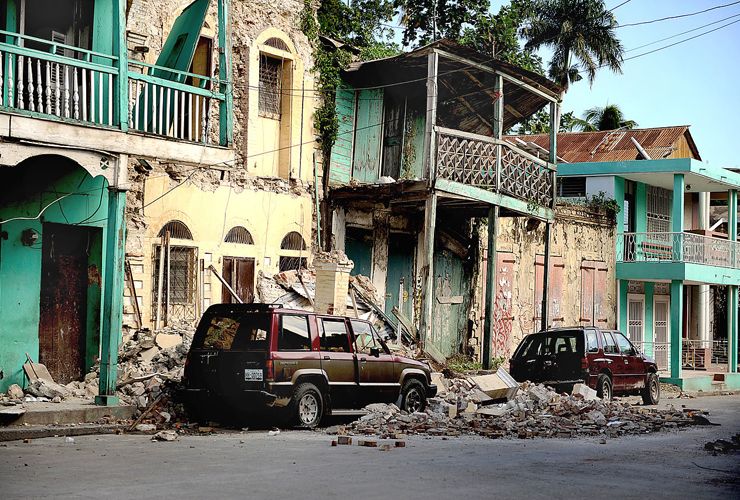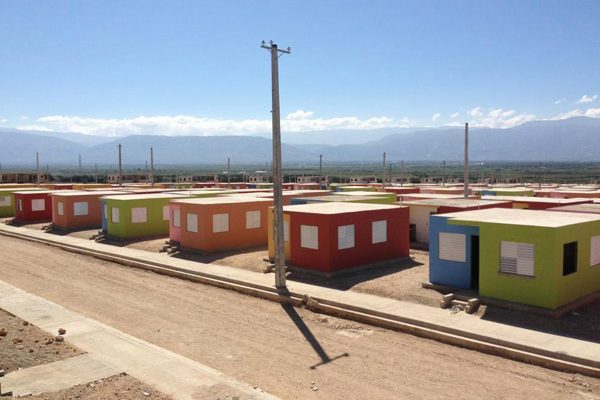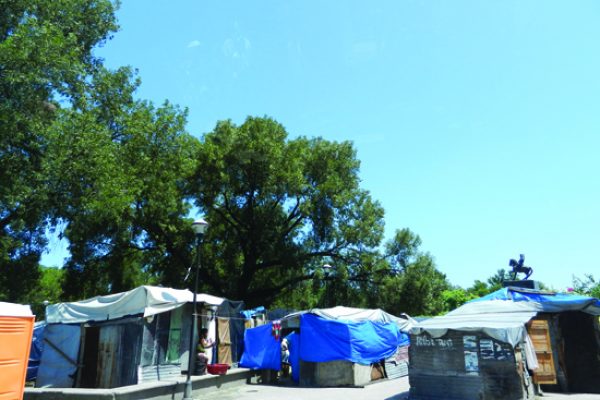Today marks the ninth anniversary of Haiti’s devastating earthquake in which 160,000 people lost their lives. Since then, in October of 2016, Hurricane Matthew further traumatized Haiti, killing hundreds of people, leaving 1.4 million in need of humanitarian assistance, and sparking fears of a cholera outbreak.
But these catastrophes were not solely “natural,” for, as Junot Díaz reminds us, “they are always made possible by a series of often-invisible societal choices.” Whether it was Haiti’s early history as a French colony, or the 40 percent of Haiti’s income that U.S. officials siphoned away, the world has “done its part in demolishing Haiti” and implicated more than just those being drowned or buried in rubble.
—Rosie Gillies
Four years after the devastating earthquake in January 2010, despite billions of dollars in aid, the housing crisis persists.
Jonathan Katz has written the book about the Haitian earthquake. How does he contextualize the tragedy in the country's history?
The inescapable truth is that “the world” never forgave Haiti for its revolution, because the slaves freed themselves.
I went back to Haiti on August 15, a year and a half after the earthquake. The place where I had lived on and off since the summer of 1970 was unrecognizable. But the politics were familiar.
In the aftermath of the devastating 2010 earthquake, an anthropologist reflects on his fieldwork in Haiti fifty years earlier.












